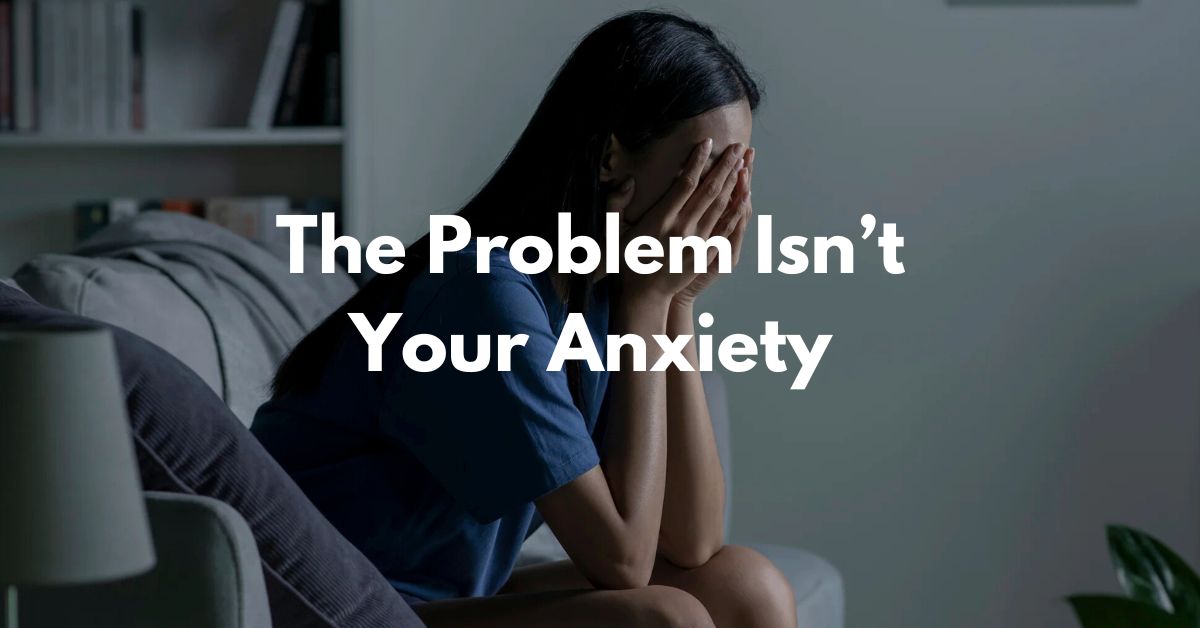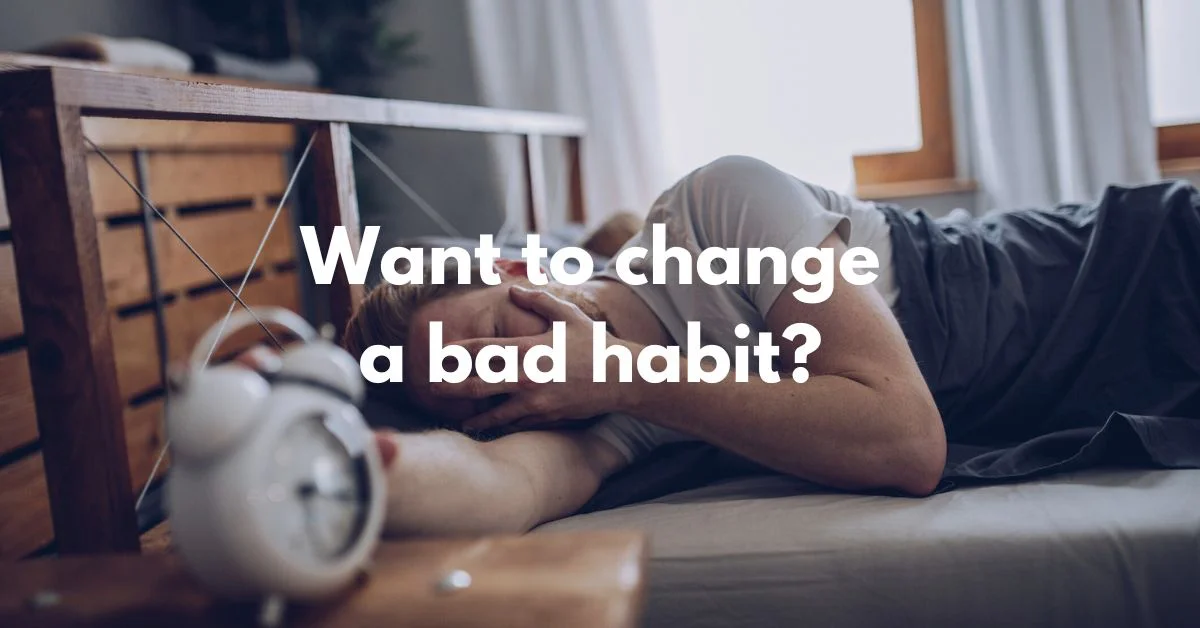Live on Purpose!
Live on Purpose!
Are you living your life on purpose or do you spend most of your time reacting? If you’ve ever looked at your caller ID, only to see a number that makes your stomach drop, you are reacting. If you have ever seen someone walking down the hall and you consciously chose to avoid this person, you are reacting. And if you get caught up in your inbox fighting other people’s fires and crisis, only to look up and realize it’s noon before you’ve gotten to anything done on your to-do list, you are reacting. Life is full of emotional and potentially stressful situations. How we respond to those situations as they arise has a profound an effect on our productivity, relationships, and health.
If we are not careful, we can become slaves to our habits, and they become a way to live life unconsciously, rather than deliberately choosing what we want and creating a path to get there.
It turns out, a large portion of what we do each day is out of habit. One study from Duke University put the amount of time we spend in habitual behaviors at 45 percent. That means we live almost half of our life on autopilot. If we are not careful, we can become slaves to our habits, and they become a way to live life unconsciously, rather than deliberately choosing what we want and creating a path to get there.
Ultimately, habits are cognitive shortcuts our brains have created to help us get through the day. After all, if you had to think really hard about putting on shoes, eating, taking a shower, or getting dressed, you would be exhausted by 9am. Unfortunately, our brain doesn’t know the difference between a good habit and a bad habit, it just takes anything you repeatedly think, say, or do and turns it into one so you don’t have to work as hard. I don’t know about you, but I don’t want to live on autopilot. I want to make choices out of inspiration not desperation.
Research has documented a connection between how emotionally reactive we are and symptoms of depression, anxiety and stress. We know that strong negative emotional reactions uch as anger, fear and frustration can damage our health when they become how we habitually react in stressful situations. Now don’t worry, this isn’t about overhauling everything in your life. It is about making subtle choices in the moment to take back control. It’s about stopping to ask: Is the way I am thinking and behaving going to get me the result I want? If not, it means making a change. It is about learning to become aware of your thoughts and feelings in the moment, in order to steer yourself to better responses and outcomes. It also means taking time to be clear on what you’re trying to accomplish so that you are in charge of your day, rather than reacting through it.
The goal is not to eliminate habits, but it is to make sure that they are supporting our success, rather than sabotaging it.
Try these strategies to get out of reactivity and take back control.
- Before you check your inbox in the morning, make a list of all the things that MUST get done that day. Then, make a list of things you would like to accomplish (these things are important, just not imperative). Ideally, do this at the end of the day, so you can hit the ground running in the morning. Then, as you are going through the madness that I’m sure is your Inbox and new requests come in, make a conscious decision to either re-prioritize your list or communicate a realistic timeline. You may find that this new action is more important, or you may decide to wait. Either way, it will be your choice.
- Take regular breaks. Ideally, you should get up from your desk for a quick walk and drink of water every hour. You may think you don’t have the time, but trust me, you don’t have time not to. This is called strategic stopping, and it gives you a chance to take back control. Take a few deep breaths and make sure you are focused on making choices that will ultimately help you.
- When you find yourself triggered (pay attention to physiological and psychological changes like sweaty palms, tight shoulders, anxiety, etc.), ask yourself why. What, who, why are you triggered. Then make a conscious decision how to respond, rather than react. This takes practice, and you won’t get it right every time.
- Spend 10-minutes each morning quietly focusing on your breath. Your mind will wander, and it will be like playing whac-a-mole with your thoughts. That’s okay and actually means it is working. Just observe the thought and watch it float by as you return to your breath. While it may not seem like it’s making a difference at first, you are repairing the part of your brain damaged by stress that is responsible for attention and emotional regulation. This allows you to train yourself to be less emotionally reactive.
- Tentatively respond to meetings. I’m not sure when our workday became a version of “death by meeting”, but we spend so much time talking about what we are going to do that we never actually have time to do it. When you get a meeting invite, make sure it’s a meeting you need to be a part of. Do they need your input, or could you simply ask for a re-cap of the meeting after the fact.
If we’re not careful, we will end up where we are headed, and it’s not always the place we want to be. Life is full of twists and turns, and there will be time when you have no other choice but to react. That’s why it is so important that you take control of the times that you can make a conscious choice. As you practice these strategies, it will get easier. Don’t forget to focus on gratitude, breathe, and realize that in 10 years, most of what you are stressed about won’t matter. Life is short. Live yours on purpose.




Outstanding newsletter! Can’t wait for more!
Thank you, Anne!
Any of Anne Grady’s products are outstanding and helpful in business and in personal life!
Anne, thank you for your continued support. I love you more than bacon! And I love bacon…a lot!
Thanks so much! I learned so much from you. And I love your 30 seconds at the beach!
Such wisdom in quite a young woman!
Ahhh, thank you so much Marylou! So glad you enjoyed the post!